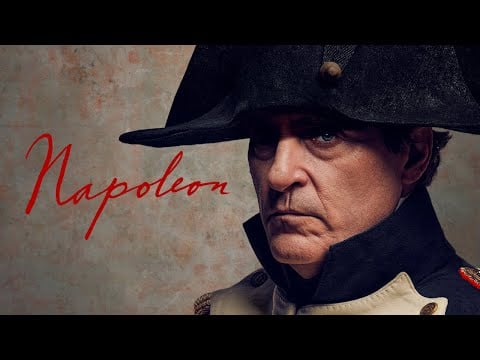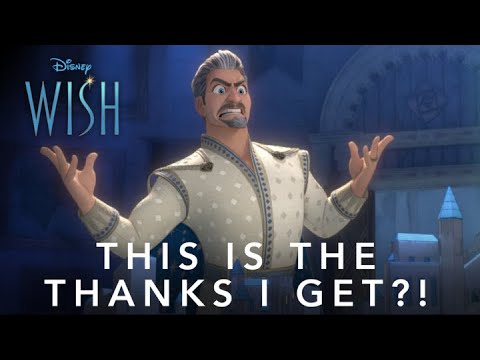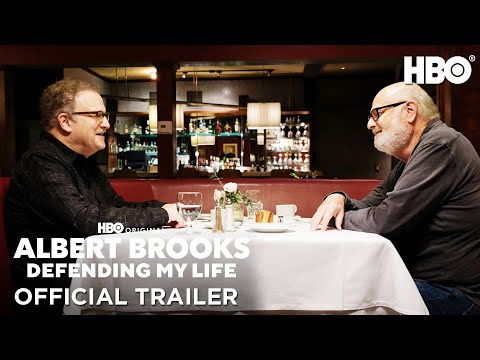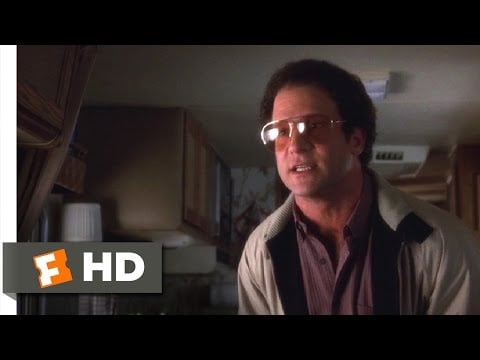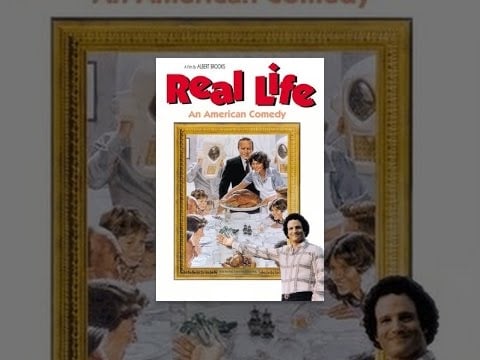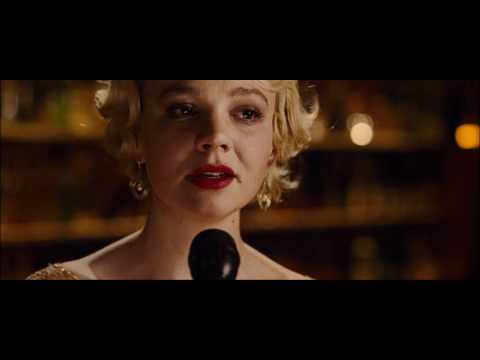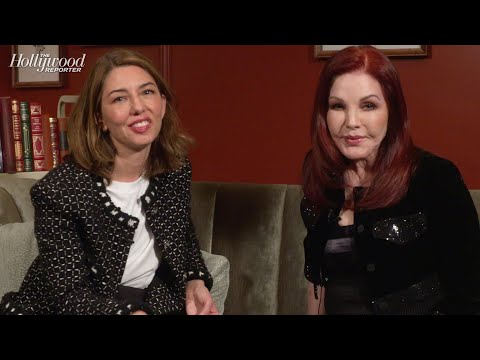Writer/ director Emerald Fennell’s “Saltburn” has a lot in common with her prior film, the celebrated “Promising Young Woman” (2020).
I’m not being complimentary.
Like “Promising Young Woman,” Fennell’s new film tries hard to be provocative but winds up being not enough and not much of anything. I recognized the talent in the filmmaking, a few good performances and plot strands that seemed to offer intriguing possibilities, but all this delivers an audience left with little to do but shrug.
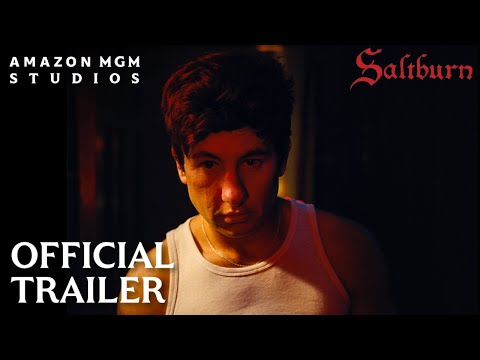
Barry Keoghan stars as Oliver, an intelligent but socially awkward college student who finds that the dumb kids are being rewarded for their social standing, while he and his only friend excel academically but are shunned by the snobbish student body and teachers.
When Oliver befriends the rich and bored Felix (Jacob Elordi), it opens a literal door to privilege for Oliver but no acceptance. As Oliver becomes more obsessed with Felix, he endangers his ability to maintain his social status in Felix’s world.
There are truly repulsive moments, like a bit with a bathtub that is hard to watch and a you-gotta-be-kidding-me scene involving a freshly dug grave. I actually wish the film had more moments like this to give it true distinction.
Frankly, Brian Yuzna’s “Society” (1989) skewered wealthy monsters and those infatuated with them with greater skill, a far smaller budget and a sense of anarchy that few films today would dare approach.
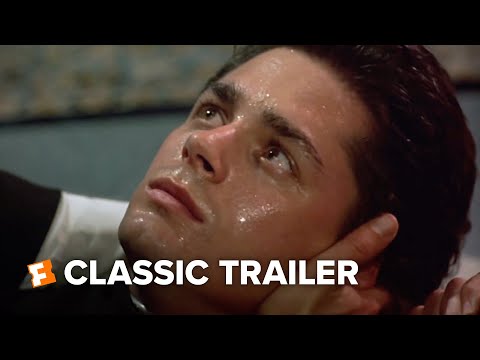
In “Saltburn,” the only thing comparable to “Society” is the fearlessness of Keoghan’s performance, though the nature of the character is obvious from the start. The actors perform with conviction, but no one here is sympathetic or offers any true layers.
Everyone on screen is despicable and irritating.
I never rooted for Oliver or the wealthy jerks he sucks up to, nor developed much interest in figures played by great actors like Rosamund Pike and Richard A. Grant.
Despite being overlong and poorly paced, “Saltburn” has dazzling cinematography by Linus Sandgren and an effective score by Anthony Willis to keep us watching, as well as the hope that the film will eventually go somewhere or get better.
Instead, mild scenes of carefree decadence are countered with ugly, bitter confrontations, over and over again. Fennell’s film reminded me Sean Durkin’s “The Nest” (2020), which is equally well made and interesting at first but fizzles out long before the story concludes.
Another quality “The Nest” and “Saltburn” share: the setting is most memorable thing about it.”
I wonder if Fennell needs to stop presenting narratives as social parables, trying too hard to play provocateur and just go full tilt and make a horror movie?

Some considered “Promising Young Things” to be satire and a cautionary tale, but it came across, despite Carey Mulligan’s efforts, as half-there and underwhelming. I feel the same about “Saltburn,” which gives us a big “Usual Suspects” reveal in the third act that won’t be a surprise to anyone paying attention.
Fennell is talented and can get her audiences talking, but the scenes with easy gross-outs have far more staying power than the power games and character dynamics on hand. Here’s hoping her third film can combine a grabber of a premise with fully realized ideas to elevate a consistant story.
For now, I highly recommend “Society,” which has two rows of razor-sharp teeth and has lost none of its bite, shock value and ability to entertain.
Two Stars
The post ‘Saltburn’ Offers More Empty Shocks from ‘Promising’ Director appeared first on Hollywood in Toto.
from Movies - Hollywood in Toto https://ift.tt/ieMjuVx

